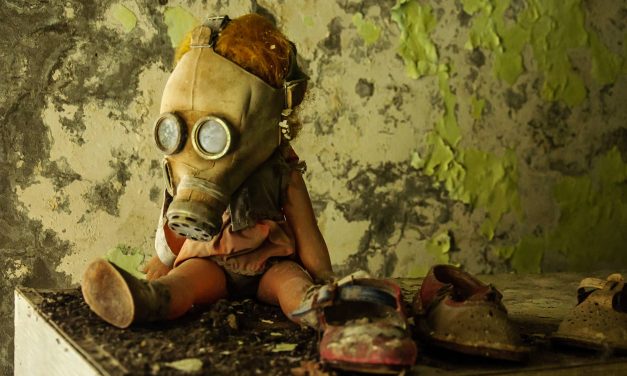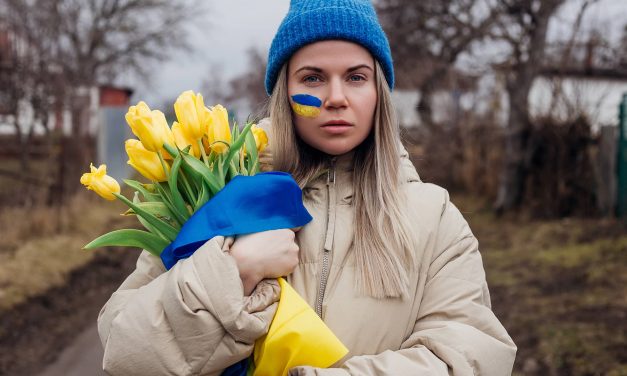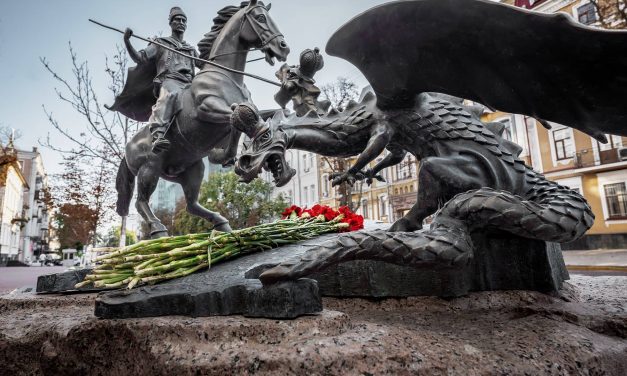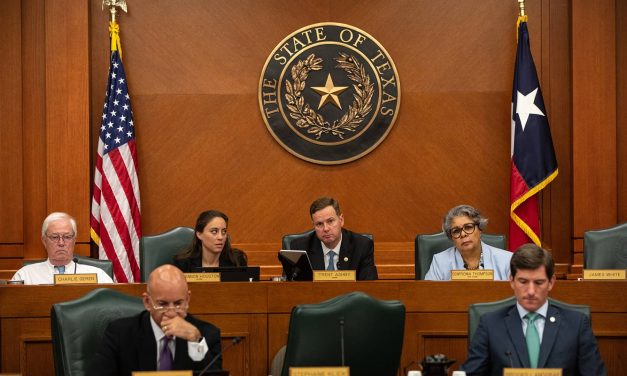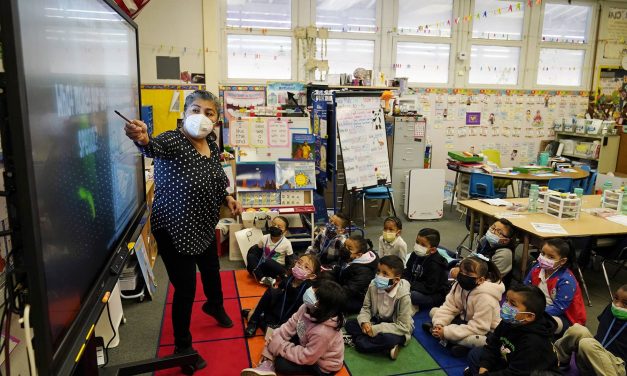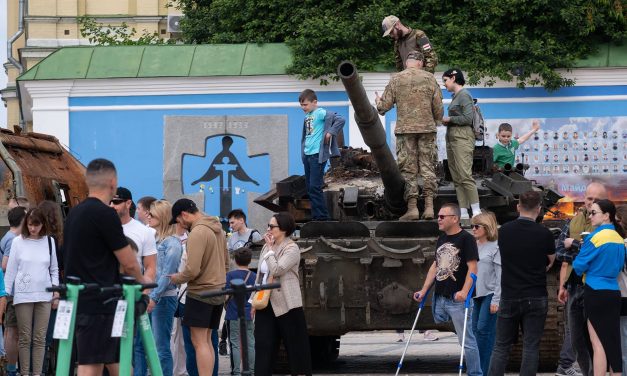Zaporizhzhia could be Chernobyl 2.0: The Russians are again orchestrating an atomic disaster for the world
By Najmedin Meshkati, Professor of Engineering and International Relations, University of Southern California Russian forces occupy Europe’s largest atomic energy plant, the Zaporizhzhia Nuclear Power Station in the Ukrainian city of Enerhodar. Russian and Ukrainian forces are fighting nearby, and shelling has damaged power and communication lines to the plant, prompting fears for the plant’s safety and evoking painful memories in a country still scarred by the world’s worst nuclear accident, at Chernobyl in 1986. In addition, Russian authorities have developed plans to disconnect the plant from Ukraine’s power grid as a prelude to switching the plant to the...
Read More
